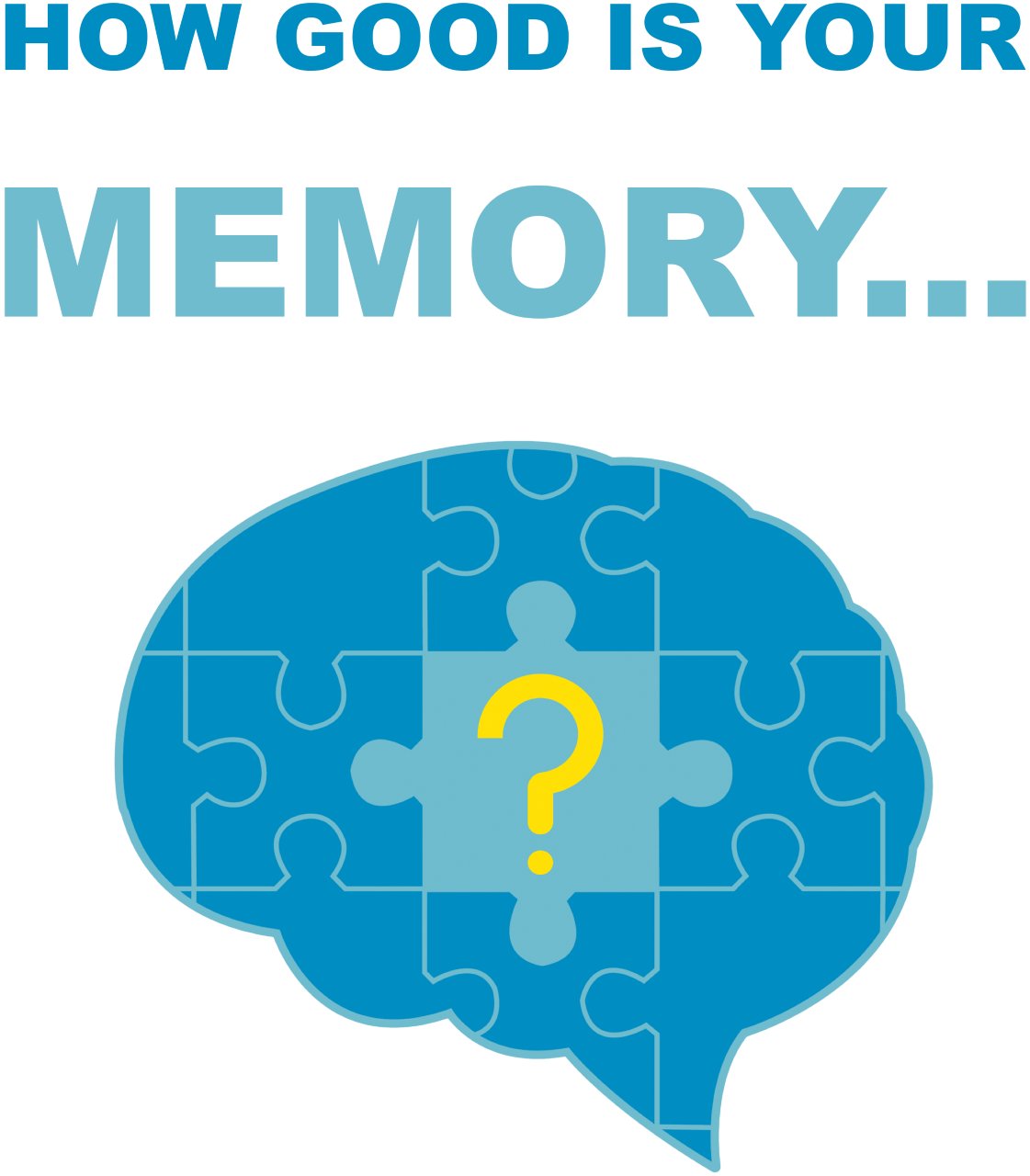
Welcome to the Memory, Alzheimer’s and Dementia (MeAD) Project!
Are you aged 16 or over and can you spare 30 minutes to help with an exciting international study on memory and play a part in helping us diagnose Alzheimer’s and other forms of dementia much more efficiently than currently possible? Would you like to find out how your memory compares to others your own age?
How big a problem is dementia?
Currently, globally there are about 50 million people living with dementia and this is set to rise to 75 million by 2030; at the moment, this is costing society $1,000,000,000,000 (one trillion dollars) and this is projected to double by 2030. Unfortunately, since dementia is a progressive condition getting worse over time, it is difficult to tell it apart from the small everyday forgetting that everyone experiences as they get older. At the moment, by the time that someone gets a clinical diagnosis of dementia, the disease has usually got to such a late point that they already have huge difficulties, often needing constant care. This is extremely distressing both for them and their family.
What is MeAD and how will it help?
To address this huge problem, the MeAD project at Goldsmiths, University of London is developing a new test to try to diagnose individuals much earlier than current clinical tests are able to. If we can diagnose dementia earlier in the disease, then we can support the patient much more and (with the hopeful development of drug treatments aimed at stopping the progress of the disease) preserve more of their memory, their sense of self and overall quality of life – this will also reduce the awful distress felt by all the family who are seeing their loved one fade away before them….
How you can help
To help in our project, we need people of all ages to take part in the MeAD project to see how our memory develops through life and how it changes as we get older. Once we know how healthy ageing affects memory, we will be able to see what happens in dementia and therefore develop better tests for clinical diagnosis. Importantly, we are looking for all levels of memory, so do not worry if your memory is one of the better ones, worse ones, or just ‘average’ - we need you all 😃
You can also help by sharing if you know anyone that would be interested in taking part in the project – the more people that take part, the more useful our results will be for trying to help people with dementia.
Please feel free to get in contact with the lead researchers if you have any questions.
Take part.
To get started first tell us whether you are a new participant, or a returning participant.
In advance, thank you!







